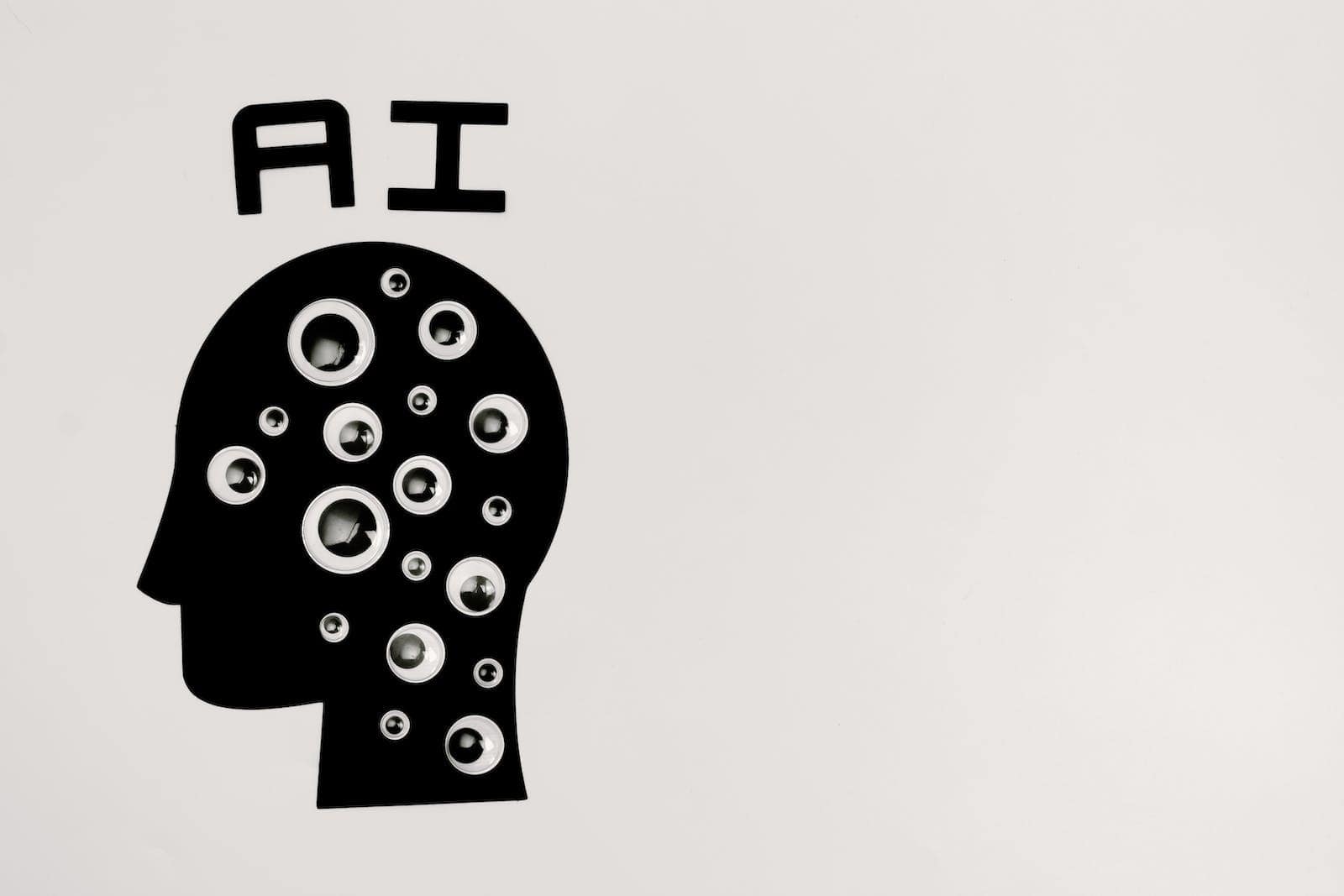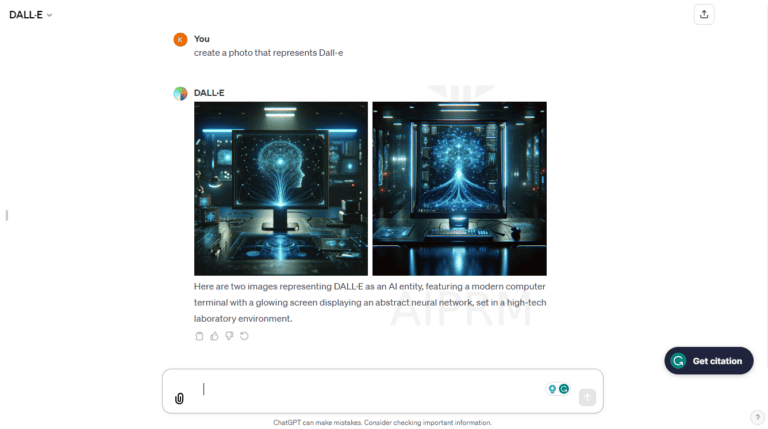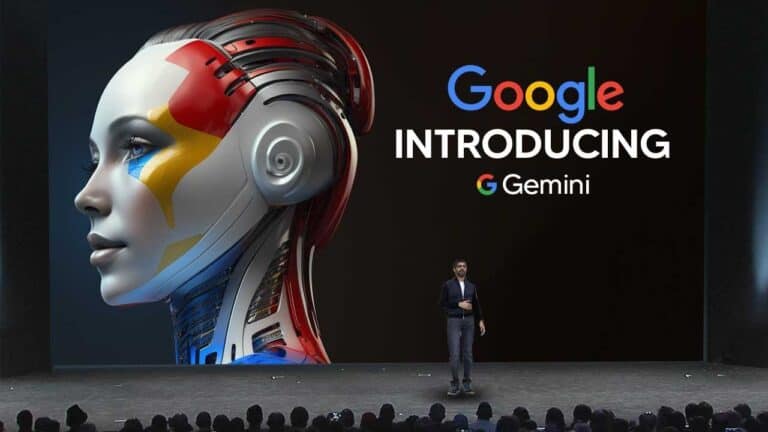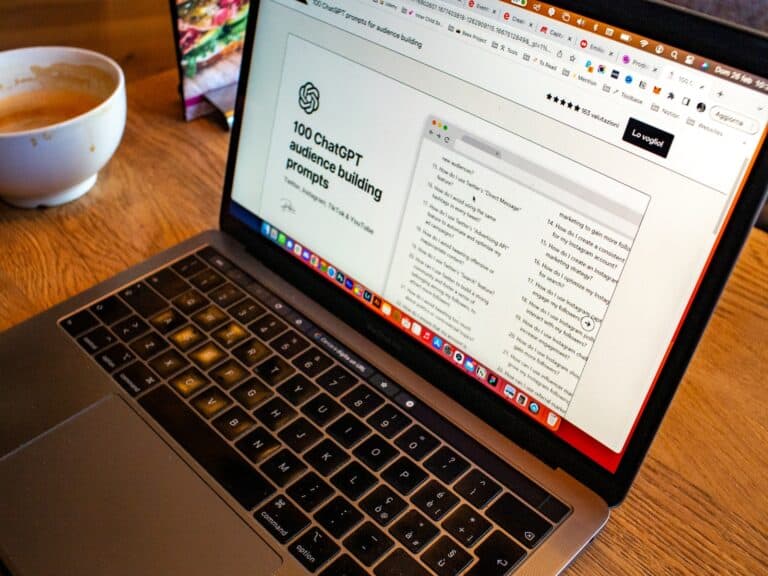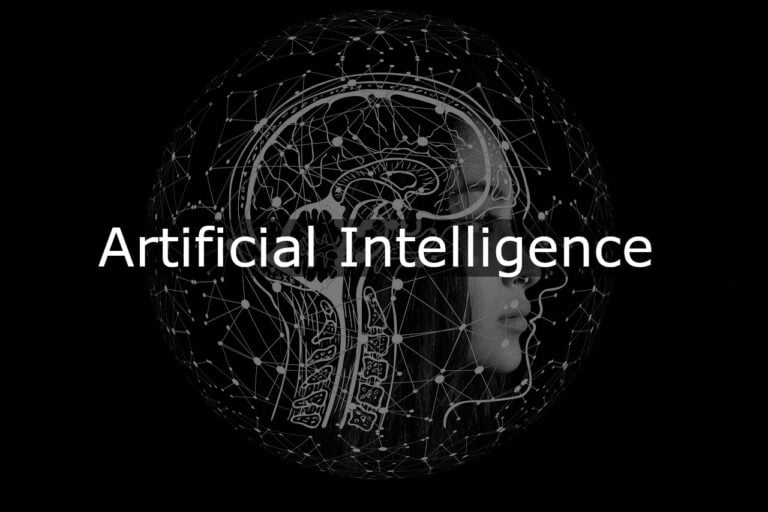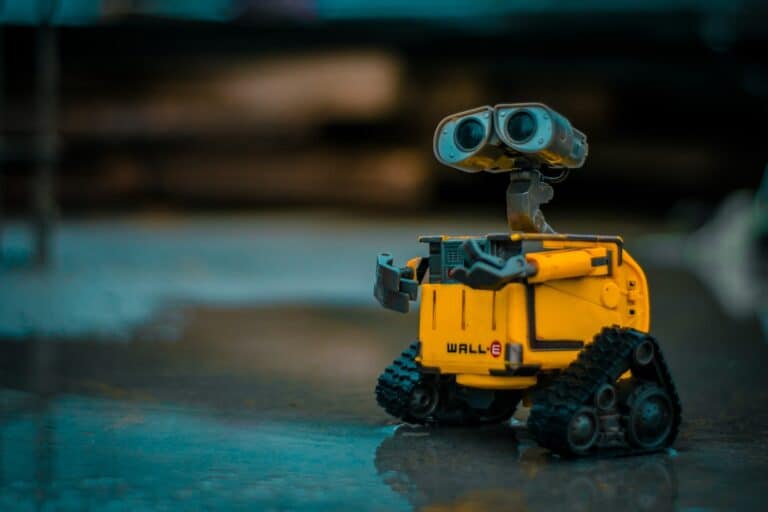Artificial Intelligence (AI) has become a part of everyday life, impacting various aspects of human activities. Its presence ranges from predicting gardening outcomes to customer service chatbots. AI is most noticeable in everyday items like smartphone assistants, personalized online shopping, and energy-saving home appliances. It also plays a significant role in healthcare, aiding in early disease detection, and in conservation, assisting with tracking endangered species. AI has evolved from being just advanced calculators to decision-makers that optimize outcomes in different areas. Its integration into daily life enhances human abilities while retaining the human touch.
How AI is Used in Our Daily Routines
Artificial intelligence (AI) is more than just a sci-fi concept. It’s subtly changing how we live. Here’s a breakdown of how AI is already ingrained in our routines:
Getting Recommendations
Ever wondered how Netflix seems to know your taste in movies? Or how Spotify always has the perfect playlist ready? It’s all thanks to AI.
These platforms use algorithms to analyze your viewing and listening habits. They can then suggest content you’re likely to enjoy. This technology extends beyond entertainment to online shopping and more!
Smart Assistants
Alexa, Siri, and Google Assistant are more than just voices. They’re powered by AI that understands language and can carry out commands. You can ask them to play music, set reminders, or control smart home devices. These virtual helpers make our lives easier and more hands-free.
Fraud Protection
Banks and financial institutions use AI to keep your money safe. Algorithms can analyze spending patterns and detect unusual activity. This helps them flag potential fraud before significant damage occurs, protecting you from financial harm.
Making Better Decisions
AI isn’t just about convenience. Doctors are using AI tools to analyze medical images and make more accurate diagnoses. Businesses can predict market trends and make smarter decisions based on AI-generated insights.
Travel and Navigation
Remember the days of paper maps? GPS and mapping apps like Google Maps and Waze use AI to help us get around. They can calculate the fastest routes, factor in traffic, and suggest alternate ways to reach your destination.
| Service | How AI is Used |
|---|---|
| Streaming platforms (Netflix, Spotify, etc.) | Recommends content based on your preferences |
| Virtual assistants (Alexa, Siri, Google Assistant) | Respond to voice commands and control smart devices |
| Financial institutions | Detect unusual transactions to prevent fraud |
| Healthcare | Assist with medical diagnosis through image analysis |
| Navigation apps | Calculate optimal routes and factor in real-time traffic conditions |
Key Takeaways
- AI seamlessly integrates into daily life, enhancing both convenience and efficiency.
- It plays a crucial role in diverse domains, from personal tasks to global issues.
- AI acts as a silent partner, augmenting human decisions and experiences.
Applications of AI in Various Spheres
Artificial Intelligence (AI) has permeated daily life, encapsulating everything from mundane tasks to complex decision-making processes.
Smart Home and Personal Assistants
Smart home devices save consumers time by automating tasks like adjusting thermostats. Voice assistants like Google Assistant enhance convenience, responding to inquiries or controlling home appliances through simple voice commands.
Enhanced Connectivity and Entertainment
AI technology revolutionizes entertainment, offering customized content recommendations on streaming services. In sports, AI analyzes performance, while in art and music, algorithms assist in creating new works, pushing creative boundaries.
Work and Education
In work environments, AI assists via grammar checks and transcribing meetings. Education benefits from AI through personalized learning and assessment tools. Research has been transformed through AI that can transcribe, analyze images, and even draft code.
Healthcare and Medicine
Machine learning algorithms in healthcare improve diagnosis and aid in drug discovery. For example, analyzing images from medical tests can potentially save lives by detecting diseases early.
Transportation and Navigation
AI influences transportation systems, from optimizing traffic flows to enhancing navigation with applications like Google Lens. It makes travel more efficient through predictive analytics and real-time adjustments.
Safety, Security, and Surveillance
Surveillance cameras employ AI for facial recognition, enhancing security. AI also helps in identifying and filtering spam, preserving users’ digital safety.
Retail and Personalized Services
AI propels retail by powering chatbots for customer service and providing personalized recommendations. It uplifts the customer experience through precision and personalization.
Agriculture and Environment
AI supports agriculture by optimizing crop yields and monitoring climate conditions. Environmental applications include tracking sustainability practices and aiding in environmental preservation.
The deployment of AI in these areas is backed by continuous research, development, and refinement of algorithms, tailored to address specific applications and sectors. Companies across sectors integrate AI to enhance efficacy and provide better services, while also addressing concerns like privacy and regulation to ensure responsible usage.

